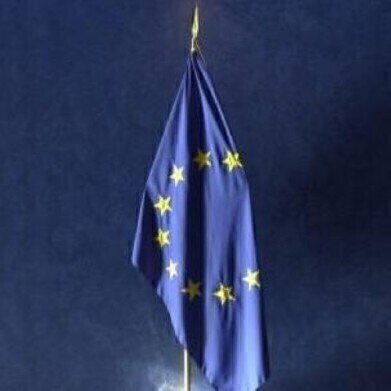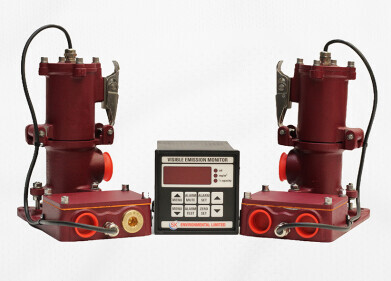-
 European ecosystems still being damaged by air pollution
European ecosystems still being damaged by air pollution
Air Monitoring
European ecosystems still being damaged by air pollution
Jul 03 2014
Although various measures have been taken to reduce emissions, new figures suggest that air pollution is still damaging European ecosystems.
Two new reports, published by the European Environment Agency (EEA), state that emissions of nitrogen-containing pollutants are continuing to harm sensitive ecosystems. According to the figures, there has been a marked improvement in the amount of pollutants in the atmosphere, but more needs to be done to prevent further damage to the environment.
The report entitled Effects of air pollution on European ecosystems examines the proportion of the environment in exposed to nitrogen and sulphur-containing pollutants that exceeds sustainable levels.
It is well-publicised that high levels of air pollution can harm plants and animals. The report indicates that acid rain has been greatly reduced since its peak in 1980 when nearly half of EU member states were affected. This has been significantly reduced to around five per cent, according to the report.
Air pollution can also contribute to eutrophication, an oversupply of nitrogen, which can change ecosystems. This peaked in 1990 when around 80 per cent of sensitive ecosystems in the EU were exposed above safe levels. Although there have been significant improvements, there is still around 60 per cent of ecosystems that are still experiencing high levels of eutrophication.
While the situation is set to further improve, the report indicates that air pollution will cause significant eutrophication for some years to come.
The reduced levels are the result of significant cuts to emissions of pollutants over the last few decades. The second report published examines the changes in air pollution levels since 1990.
Sulphur dioxide (SOx), which is a major cause of acidification, emissions have substantially fallen since the implementation of EU restrictions. Emissions fell by 84 per cent between 1990 and 2012, which has been the effect of changing fuels and reducing their sulphur content.
Hans Bruyninckx, EEA executive director, said: "Although air pollution does not cause as much harm as it once did, we are still struggling to protect sensitive ecosystems from harmful effects such as eutrophication. This changes habitats, endangering a wide range of species from fish to flowering plants. It is particularly striking that the problem appears to be just as bad in Europe’s protected natural areas."
Digital Edition
IET 34.2 March 2024
April 2024
Gas Detection - Biogas batch fermentation system for laboratory use with automatic gas analysis in real time Water/Wastewater - Upcycling sensors for sustainable nature management - Prist...
View all digital editions
Events
May 05 2024 Seville, Spain
May 06 2024 Minneapolis, MN, USA
May 13 2024 Munich, Germany
May 15 2024 Lund, Sweden
May 15 2024 Frankurt-am-Main, Germany

















